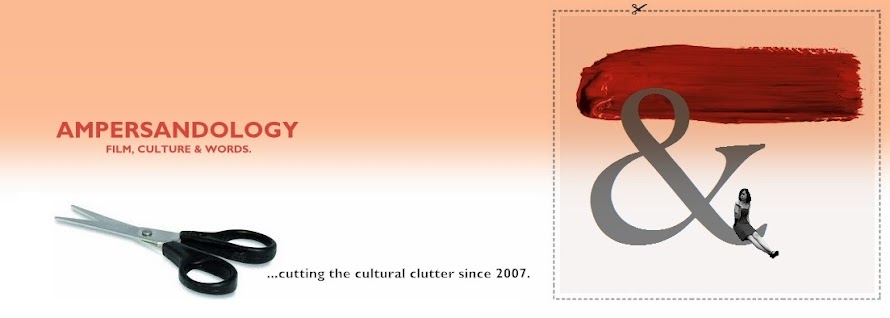
The good news: A new
Buffy the Vampire Slayer movie is officially in the works.
The bad news: You won't want anything to do with it.
Here's the lowdown: it all comes down to Fran Rubel Kuzui (whose name avid Buffy watchers, like myself, will vaguely remember rolled with every set of credits). She's the rights-holder to the entire franchise (and director of the 1992 film) and got it in her head that she'd like to resurrect (haha, get it? Resurrect? Vampires? Whew. Tough crowd) the series.
Only without Joss Whedon. Or Xander, Willow or Giles. Or Buffy. Which makes it....The Vampire Slayer?
And that's all well and good, I guess. I'll admit with only 24% shame that I've read more than one Tales of the Slayer, and most of those volumes combined with the Fray graphic novel supported the notion that a Slayer other than Buffy could be interesting.
But, um, how do I say this without betraying my 12 year old self?
Oh, I know: the story itself kind of...sucks.
Well, only really as Fran Rubel's version painted it (a technique I affectionately call a "whitewash"). Let's take a walk down Memory Lane, shall we? Back to a time which Joss Whedon probably refers to as the Dark Ages: 1992, and the release of the original theatrical version of Buffy.
Whedon's original conception, as most fans will tell you, came from a twist on an old horror movie cliche: what if the little blonde girl cowering in the alleyway turned around and beat up the villains herself? On paper, it has promise, but pointed more towards Campsville than actually provoking some kind of commentary on gender relations.
Joss wrote that script, not that you could guess from the final edit. The possibilities for camp + sexy blonde proved too tempting for the bigwigs in charge (alas--you should have seen the original version of American Pie 2. A stirring evocation of youth through the travails of its nubile, privileged characters, not unlike a young Henry Miller). Last minute casting changes, low budgets, and a studio-sized dent in the production notes left the actual release a big mess of...well, if I wasn't such a lady, I'd have a very apt description for you.
It took a deft hand many years later to turn that dreck into one of the best television shows that ever aired. To layer that little blonde girl with enough pathos, vulnerability and smarts so that we not only believe this girl can kick ass, but we really really want to see her do it. To turn a fight scene into something more emotional and cathartic than a simple kick, punch, block routine. To turn being young into something more dangerous than fighting demons, and make the monsters literal AND figurative.
In other words, it took Joss Whedon, and the Buffy the Vampire Slayer mythos only caught on because of what he poured into it. It's his dialogue, his pop culture references, his infuriating tendency to rip the still-beating heart from your chest and play with it like a cat before popping it back in place.
To no one's surprise, it's the success of the Twilight franchise that has studio fingers poised over the green light button. Which really, should piss me off more, considering that this forces me to think for three seconds longer than I like to grant those stupid, brain-candy wish-fulfillment books.
[SIDERANT! On the subject of that insipid series: GOD! EDWARD! Seriously, I understand that every teenage girl needs a non-threatening sex object onto which to project her hopes and desires (though going the extra stretch to make him a spineless eunuch was a nice touch, I'll admit). But that doesn't excuse the countless people my own age who lust after what is a chesspiece in what's essentially a fable for the joys of abstinence. I've studied this subject considerably and I'm here to say: these watered down, defanged vampires that stand around all day conflicted about their blood lust aren't attractive. They're the product of a coddled, Oprah-fied society. They defeat the purpose of being a vampire and therefore, are LAME. Ahem. Siderant over.]
And Fran, honey? If you still think it's just a cute young girl punching demons and being quippy, then I don't even need to wish this project failure. It already is one.




